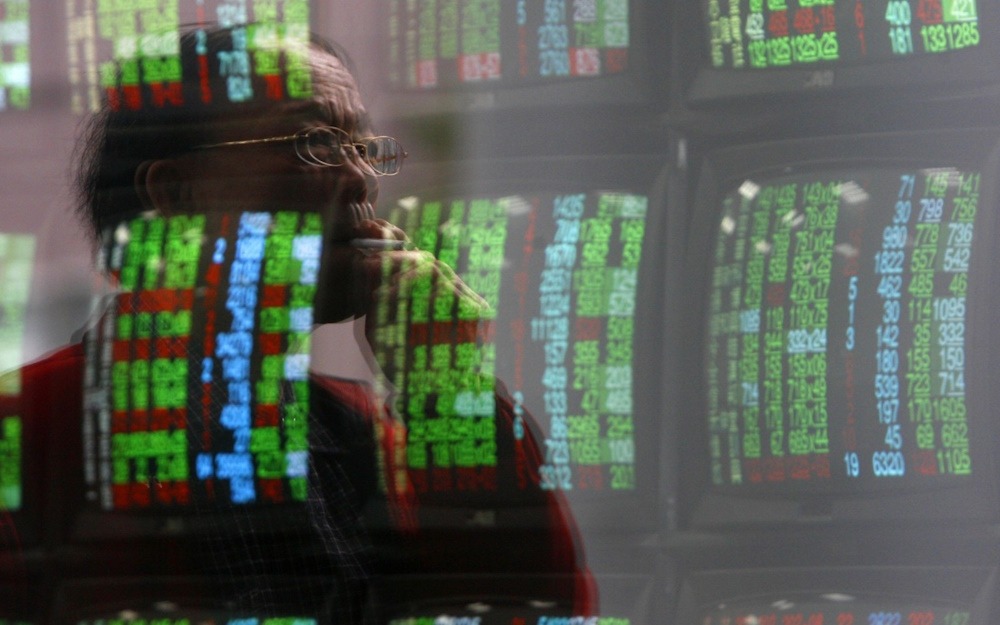Argentine markets exhibited volatility this week, influenced by a significant bribery scandal impacting the Milei administration and a newly introduced monetary policy that has been characterized by many as precarious. The EMBI, a gauge of country risk that assesses the probability of debt default, rose to 829 basis points on Tuesday — marking its peak since April, when the government partially eased the currency restrictions referred to as the “cepo.”
Recently, audio surfaced featuring Diego Spagnoulo, the former director of the national disability agency, making allegations against Karina Milei, sister of Milei and the Presidency Secretary, as well as other public officials. He accused them of receiving kickbacks from pharmaceutical companies in return for state contracts. On Monday, Argentine bonds and shares experienced a sharp decline, followed by a notable recovery on Tuesday, as stocks traded on Wall Street via American Depositary Receipts (ADRs) recorded substantial gains. Included in this list are Transportadora de Gas del Sur, which saw an increase of 3.6%, Central Puerto with a rise of 2.9%, Pampa Energía at 2.3%, and YPF, which experienced a growth of 2.1%.
Meanwhile, the exchange rate declined by 0.4% to AR$1356.5 on Thursday, following a consecutive increase over four business days. “Electoral uncertainty has increased caution among traders for some time,” independent financial analyst Gustavo Ber stated. “Even so, the recent political noise has only highlighted the fragility of dollar bonds in recent trading sessions amid uncertainty regarding the outcomes—and potential ramifications—of the Buenos Aires province and October national elections.” Last week, the U.S.-based financial corporation JP Morgan Chase released a report indicating a reduction in its growth forecast for the Argentine economy for 2025, adjusting it from 5.3% to 4.7%. This illustrates the economic deceleration observed in the second quarter of this year, coupled with fluctuations in interest rates and the prevailing uncertainty regarding the upcoming November midterm elections.
In the interim, the government is adopting a non-traditional strategy in the lead-up to the elections. Milei’s economic cabinet has opted to decelerate economic activity, contrasting with the typical approach of national governments, in a bid to reduce the U.S. dollar exchange rate and curb inflation. On Tuesday, the Central Bank raised its reserve minimums, which refers to the proportion of deposits that financial institutions and funds must maintain in a frozen state, to 53.5%. The financial institution had previously raised that figure to 50% two weeks prior.
Christian Buteler, an economist, informed the Herald that the panic observed on Monday was indicative of the broader economic situation. “Many presidencies can experience phases characterized by varying degrees of credible suspicion regarding corruption,” he stated. “However, Argentina’s economy ceased its growth trajectory a few months prior.” Buteler noted that the government’s elevated interest rates render it “practically impossible” for activity to recover. “Even inflation has ceased its deceleration and is now accelerating each month,” he continued. “Today we are observing a rebound in bonds; however, if these other variables remain unchanged, [Milei’s economic program] will face challenges in sustainability.”

